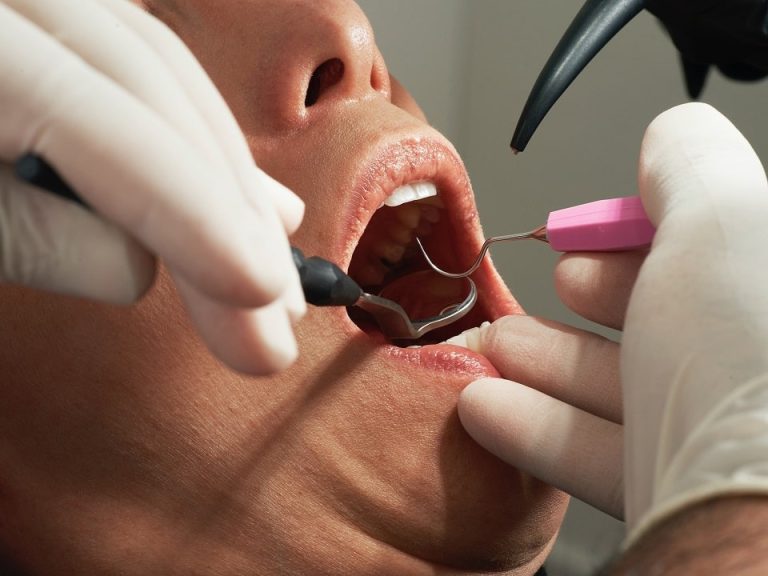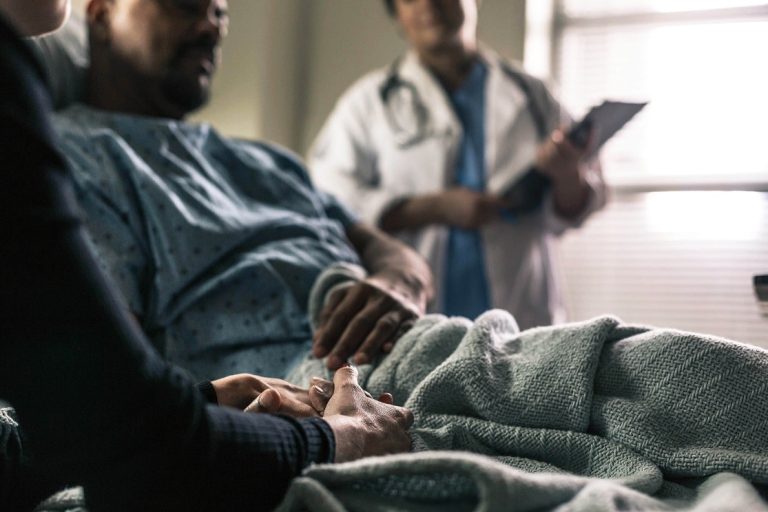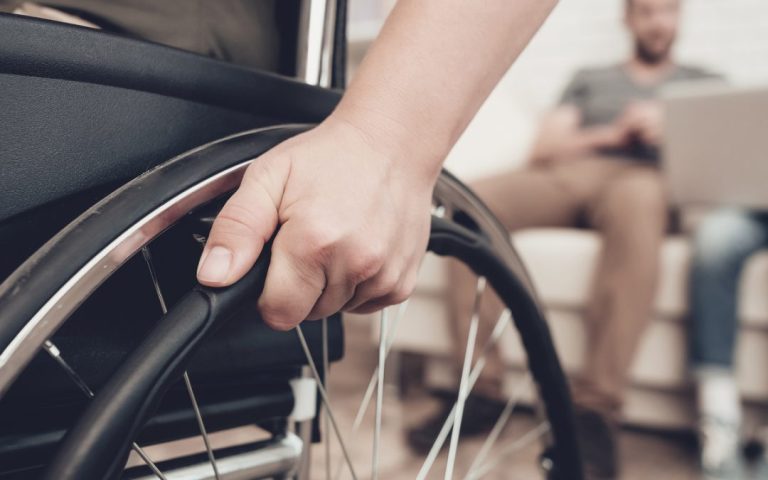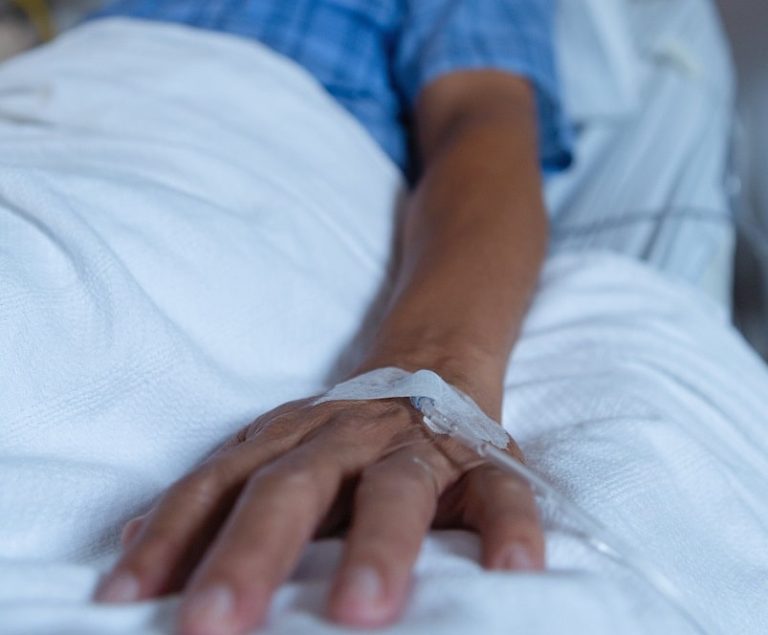The Medical Negligence Blog



How The Medical Negligence Lawyers Assist Victims of When an Infection is Not Diagnosed
In the realm of healthcare, timely diagnosis is paramount to effective treatment and recovery. When an infection is not diagnosed, the consequences can be disastrous.
When medical professionals fail to identify infections promptly, patients’ lives may hang in the balance. At The Medical Negligence Lawyers, we recognise the potentially dire consequences of undiagnosed infections and are committed to supporting victims in their pursuit of justice and compensation.
This article sheds light on the potentially devastating impact of undiagnosed infections, the pivotal role of medical negligence lawyers, and the steps victims can take to claim the compensation they rightfully deserve.

Pursuing Justice: Compensation for Falls in Hospital
Falls in hospitals can represent a serious concern for patients and their families, often resulting in significant injuries and complications.
At The Medical Negligence Lawyers, we recognise the profound impact that such injuries in hospitals can have on individuals’ lives. Whether caused by inadequate supervision, unsafe conditions, or medical negligence, these incidents can lead to long-lasting physical and emotional harm.
In this article, we delve into why seeking compensation for falls in hospitals is imperative and how our firm can assist you in navigating this challenging process.

Seeking Justice: Impact of Delayed Diagnosis with The Medical Negligence Lawyers
A delayed diagnosis in medical care can have severe repercussions, impacting both physical health and emotional well-being.
If you have experienced harm due to medical negligence, understanding your rights and options for seeking medical negligence compensation is paramount. The team here at The Medical Negligence Lawyers is here to guide you through the process and advocate for your rights in the aftermath of a delayed diagnosis.
Claim the compensation you deserve. Contact The Medical Negligence Lawyers and secure your compensation in the aftermath of suffering and loss.

Cauda Equina Syndrome claims for compensation
Cauda Equina Syndrome claims for compensation can be significant and require the particular expertise of Leading Medical Negligence Lawyers.
For eligible clients, we can represent you for a case on a No Win, No Fee basis. Talk to our team here now to find out if we are able to help you with free, no-obligation legal advice.

Claim compensation for the negligence of a nurse
You can be eligible to pursue compensation on a No Win, No Fee basis for any negligence of a nurse that has caused an impact on you.
You could be eligible to recover thousands of pounds if you succeed with a medical negligence claim for compensation. This could cover any pain, suffering and loss of amenity caused, as well as covering any financial losses and expenses, if they are applicable.
Find out if you are entitled to pursue a clinical negligence legal case by contacting our team for free, no-obligation legal advice here now.

Compensation for misdiagnosed cancer
As one of the most harmful and feared health conditions, cancer can be highly prevalent, with many people developing the condition at least once over the course of their lives. Despite its prominence, there are still cases in which doctors make diagnosis errors for patients suffering from cancer. In some cases, incorrect diagnoses can be understandable, but where the opportunity to make the correct evaluation was there but has been neglected, a doctor could be responsible for medical negligence. If you have been affected by a case such as this, you could be eligible to claim compensation for misdiagnosed cancer.
We trust our doctors to use their medical expertise and experience in their efforts to diagnose a condition. Where their limits are reached, we expect to be referred for further testing or to a different specialist. When doctors skip or ignore steps in this important process, the health of the affected patients can be put at serious risk, particularly where degenerative conditions like cancer are involved.
If you have been let down by a medical professional, and your health has suffered as a consequence, you could be eligible to claim compensation for the harm caused. As specialists in this area of law, we can help you to seek the justice that you deserve.

Make a claim for paramedic negligence
When we call an ambulance, we are expecting urgent, high-quality care for a healthcare emergency. In the few minutes when paramedics first arrive, they need to make important decisions about the needs of the patient, aiming to stabilise their condition and decide whether they need hospital care. The role of a paramedic is a high-pressure one, but that does not excuse errors in the care that they provide. Where emergency care has failed you or a loved one, causing health complications, you may be eligible to make a claim for paramedic negligence.
Paramedics are specialist medical professionals, so we have a right to expect high-quality treatment from them, just as we would from our doctors. This means that lapses in the standard of care they provide must be taken seriously, and can be accounted for in medical negligence claims.
If your health has been compromised due to the errors or neglect of a paramedic, it is important to seek guidance about your rights. As an experienced and specialist firm of medical negligence lawyers, we can offer free, no-obligation legal advice to anyone who has faced medical injustice Read More

Claiming medical negligence compensation for retinal detachment
You could be entitled to claim medical negligence compensation for any issues involving retinal detachment that have caused further suffering, pain, problems, and complications.
If the case is one that we believe may have prospects of succeeding, we could agree to represent you for a claim on a No Win, No Fee basis. The easiest way to find out if we can help you is to contact our friendly team here now for free, no-obligation legal advice.

Accident and Emergency claims for compensation
Accident and Emergency claims for compensation are usually about justice when you have been let down as a result of negligence that caused you to suffer further problems you should not have endured.
In this kind of setting, it is vital that you are seen and treated as quickly as possible when you are presenting a genuine medical emergency. In some cases where this does not happen, you could be left suffering for much longer or you could even be left with permanent and lifelong problems. This is why it is important to seek justice if you have suffered as a result of medical negligence in this way.
You can speak to our team for free, no-obligation legal advice here now.

Life-changing injury from medical negligence – legal advice
Claiming personal injury compensation for a life-changing injury arising from medical negligence requires a great deal more than an average law firm.
We are not an average law firm. We have a long history of fighting for the rights of people who have sustained serious and catastrophic injuries that have left them with permanent damage. We have recovered millions of pounds for people in this situation, and your case is more than just another claim to us: it is our cause.
We want to be a part of the vital support network on your journey to overcoming the struggles that you may now face. Our work representing you for your legal case for compensation is a vital part of this.

Claiming compensation for treatment delays
You could be eligible to claim medical negligence compensation for treatment delays where you have suffered pain and loss as a result of negligence.
While sometimes treatment is delayed for valid reasons, if any delays arise that were reasonably avoidable, that is where you may be eligible to claim for any problems suffered. For eligible clients, we are able to offer No Win, No Fee legal representation.
You can speak to our team here now for free, no-obligation advice. We are happy to help.

Compensation if an infection was not diagnosed
You could be entitled to claim compensation if an infection was not diagnosed at all or in time, and we may be able to represent you for a legal case now on a No Win, No Fee basis.
We are happy to provide you with an initial free claims assessment where you can talk to our team here now on a no-obligation basis. We can then determine if we are able to provide you with No Win, No Fee legal representation.